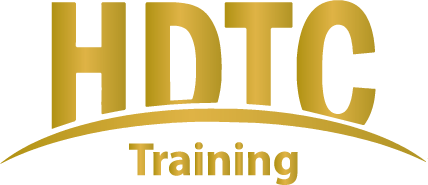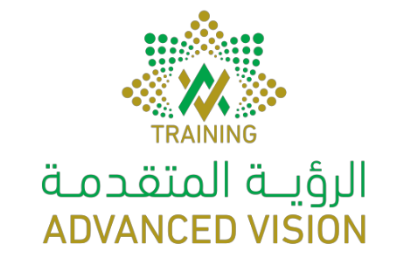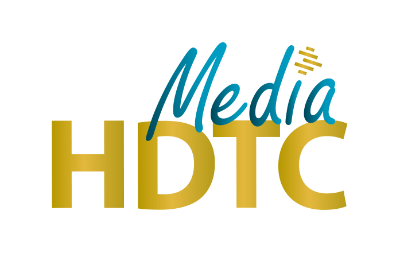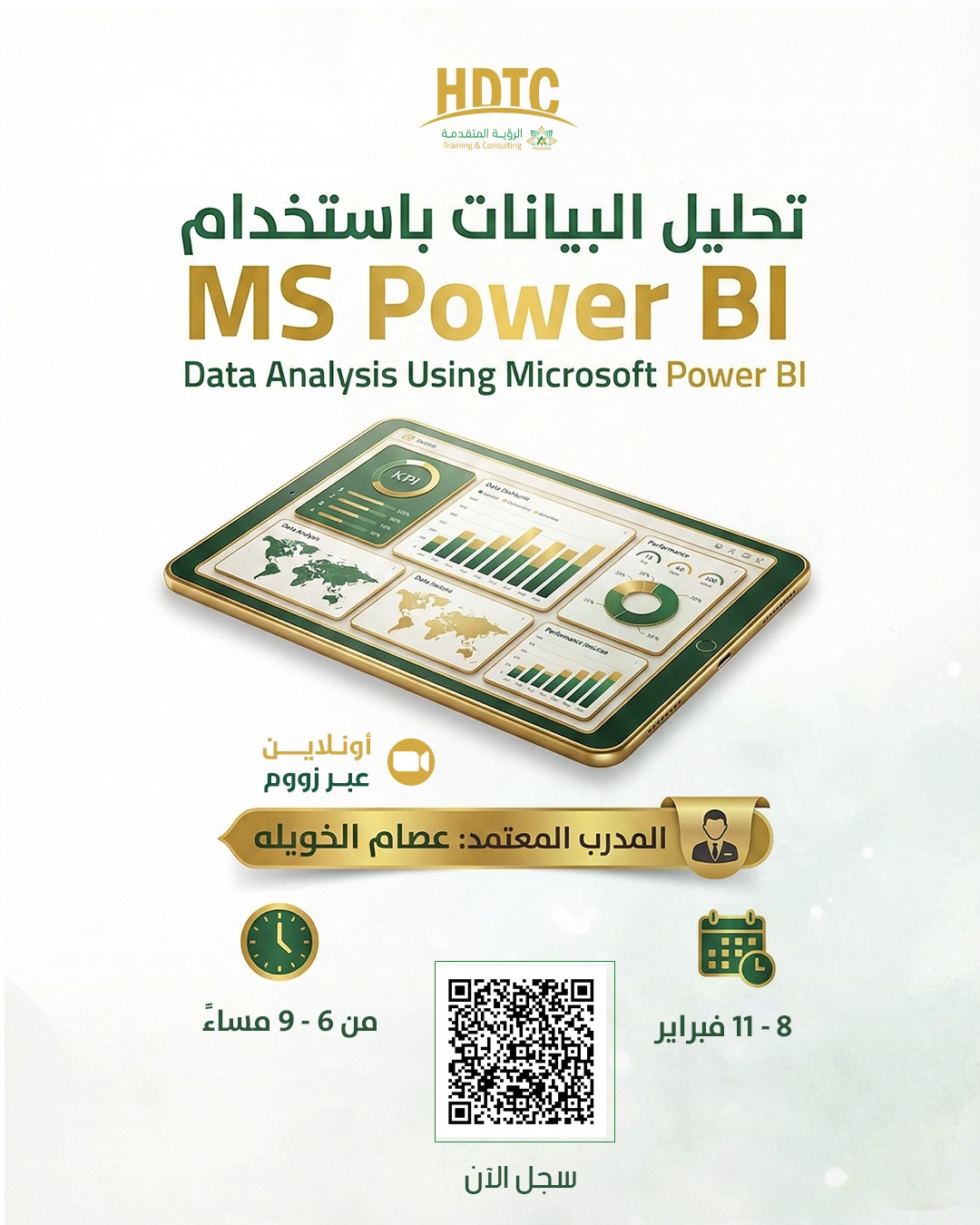Microsoft Certified: Security, Compliance, and Identity Fundamentals
This certification ensures that you have a solid understanding of a variety of topics in the quickly expanding sector of cybersecurity, regardless of whether you're a student, business user, or IT professional. If you want to go on to role-based certifications in security operations, identity and access management, and information protection, this fundamentals certification can serve as your first step.
Course Info
Earning this certification will validate you are able to:
- Describe the concepts of security, compliance, and identity
- Describe the capabilities of Microsoft identity and access management solutions
- Describe the capabilities of Microsoft security solutions
- Describe the capabilities of Microsoft compliance solutions
Agenda
1. Describe security and compliance concepts
- Describe the shared responsibility model
- Describe the defense in depth
- Describe the Zero Trust model
- Describe governance, risk, and compliance (GRC) concepts
2. Describe identity concepts
- Define authentication and authorization
- Define identity as the primary security perimeter
- Describe the role of the identity provider
- Describe the concept of directory services and Active Directory
- Describe the concept of federation
3. Describe the function and identity types of Microsoft Entra ID
- Describe Microsoft Entra ID
- Describe types of identities
- Describe hybrid identity
- Describe external identities
4. Describe the authentication capabilities of Microsoft Entra ID
- Describe authentication methods
- Describe multifactor authentication
- Describe the self-service password reset
- Describe password protection and management capabilities
5. Describe the access management capabilities of Microsoft Entra ID
- Describe Conditional Access
- Describe Microsoft Entra roles and role-based access control (RBAC)
6. Describe the identity protection and governance capabilities of Azure AD
- Describe Microsoft Entra ID Governance
- Describe access reviews
- Describe entitlement management
- Describe the capabilities of Privileged identity Management
- Describe Microsoft Entra ID Protection
- Describe Microsoft Entra Permissions Management
- Describe Microsoft Entra Verified ID
7. Describe core infrastructure security services in Azure
- Describe Azure DDoS protection
- Describe Azure Firewall
- Describe Web Application Firewall
- Describe network segmentation in Azure
- Describe Azure Network Security Groups
- Describe Azure Bastion
- Describe Azure Key Vault
8. Describe the security management capabilities in Azure
- Describe Microsoft Defender for Cloud
- Describe how security policies and initiatives improve cloud security posture
- Describe Cloud security posture management
- Describe the enhanced security of Microsoft Defender for Cloud
- Describe DevOps security management
9.Describe the security capabilities of Microsoft Sentinel
- Describe threat detection and mitigation capabilities in Microsoft Sentinel
- Describe Microsoft Security Copilot
10. Describe threat protection with Microsoft Defender XDR
- Describe Microsoft Defender XDR services
- Describe Microsoft Defender for Office 365
- Describe Microsoft Defender for Endpoint
- Describe Microsoft Defender for Cloud Apps
- Describe Microsoft Defender for Identity
- Describe Microsoft Defender Vulnerability Management
- Describe Microsoft Defender Threat Intelligence
- Describe the Microsoft Defender portal
11. Describe the eDiscovery and Audit capabilities in Microsoft Purview
-
- Describe the eDiscovery solutions in Microsoft Purview
- Describe the audit solutions in Microsoft Purview
Whether you’re a business stakeholder, new or existing IT professional, or a student who has an interest in Microsoft Security, compliance, and identity (SCI) solutions, this certification can help you familiarize yourself with the fundamentals of SCI across cloud-based and related Microsoft services.
- IT professionals
- Cloud solution architects
- Experienced Azure administrators and developers
- DevOps professionals
- Those who want to gain Microsoft Azure certification
Before attending this course, you must have:
• General understanding of networking and cloud computing concepts.
• General IT knowledge or any general experience working in an IT environment.
• General understanding of Microsoft Azure and Microsoft 365.
You should take this course because keeping your network and devices safe is your responsibility. Yes, there's a lot of technology standing between you and bad actors, but you have the power to deactivate or circumvent that tech, and this security, compliance, and identity training will show you how to be a responsible tech user.
Business User
Exam AZ-301: Microsoft Azure Architect Design
Languages: Japanese, Chinese (Simplified), Korean
Retirement date:
This exam measures your ability to accomplish the following technical tasks: determine workload requirements; design for identity and security; design a data platform solution; design a business continuity strategy; design for deployment, migration, and integration; and design an infrastructure strategy.










